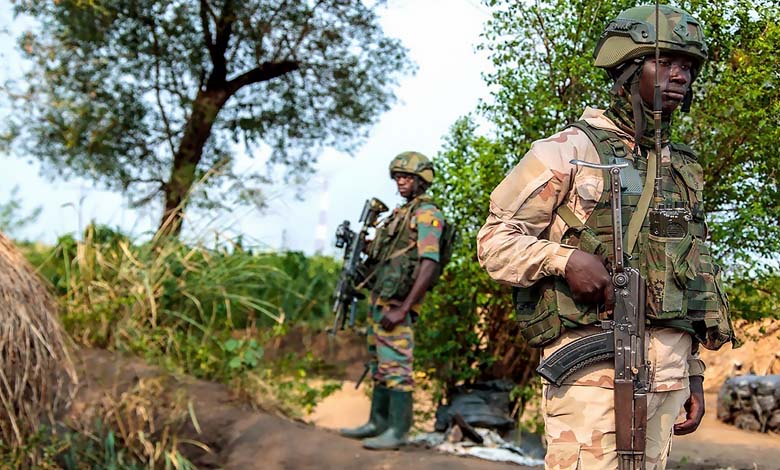Massacre in Mokondo: a bloody attack exposes the failure of protection mechanisms in eastern Congo

Nineteen civilians were brutally slaughtered in a horrific attack on the village of Mokondo in North Kivu Province, eastern Democratic Republic of Congo. According to local witnesses and field sources, the assault was carried out by extremists affiliated with groups linked to the Islamic State, locally known as the Allied Democratic Forces (ADF) or factions associated with the so-called “Central Africa Province” of ISIS.
-
Massacre deepens tragedy in eastern Congo… 19 killed in ISIS-linked attack
-
Foundations of Peace Looming in Eastern Congo… A Declaration of Principles on the Horizon
The attack occurred on Sunday night when armed assailants raided villagers’ homes, using both bladed weapons and firearms before setting several houses ablaze and retreating into nearby mountainous areas.
Reports indicate that some of the victims were found outside their homes following looting incidents. Hundreds of residents fled to neighboring villages and temporary shelters, putting further strain on already scarce local resources.
-
M23 and Executions: The Bloodiest Face of the Conflict in Eastern Congo
-
The Deadly Sparkle: A Booby-Trapped Geography in Congo’s Kivu Region
This massacre is part of a broader pattern of escalating violence in eastern Congo, where armed groups take advantage of weak security control, the complex terrain of the Great Lakes region, and the proliferation of arms and drug-trafficking networks.
The ADF, long notorious for violence against civilians, have evolved from a local insurgency into a more radicalized and transnational movement, strengthening ties with regional extremist networks. This shift has made recruitment and funding easier, sustaining their operational capacity.
-
Crisis in Eastern Congo: Official Moves Against Kabila and Hope for Peace with Rwanda
-
“Gaps on the Frontlines”… Military Trials in the Democratic Republic of the Congo
The attack has reignited concerns about the ability of the Congolese army (FARDC) and regional or international security initiatives to prevent such massacres. Analysts point to several intertwined causes: poor field intelligence, deteriorating living conditions that facilitate youth recruitment, and a fragmented protection system between the state and international actors, weakened by recent changes in the UN’s presence in the area.
From a humanitarian standpoint, the consequences are devastating: mass internal displacement, loss of livelihoods, and a collapse of essential services such as health care and education. Local communities, caught between self-defense militias and extremist factions, are trapped in a cycle of retaliation that perpetuates instability and violence.
-
Ota Benga: The Congolese Man Who Exposed the “Cage of Racism”
-
Crisis in Eastern Congo: Will Dar es-Salaam Silence the Guns?
An effective response must operate on both immediate and strategic levels. In the short term, securing affected areas, launching prompt investigations to track down perpetrators, and delivering medical and psychological aid to survivors are critical. In the medium and long term, the state must strengthen intelligence and operational capacity in North Kivu, restore civilian institutions, and implement development programs to reduce young people’s vulnerability to armed recruitment. Finally, local reconciliation initiatives are essential to rebuild trust between communities and authorities and to break the enduring cycle of violence.












